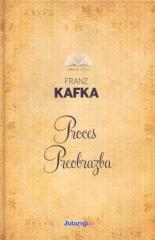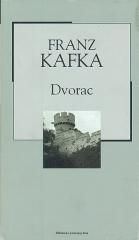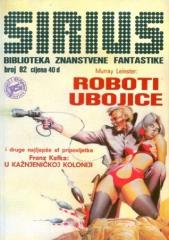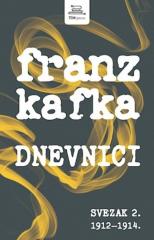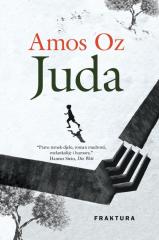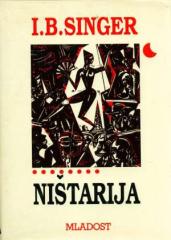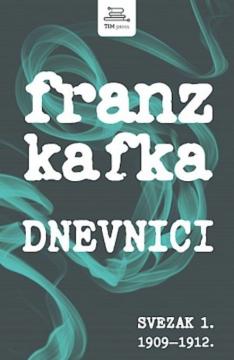
Dnevnici, 1. svezak: 1909-1912.
Kafkas posthum veröffentlichte Tagebücher geben Einblick in die Innenwelt eines ängstlichen Genies. Der erste Band schildert seine frühen Jahre, als Kafka in Prag als Versicherungsangestellter arbeitete und mit einem eintönigen Leben und literarischen Amb
Diese Fragmente, zumeist nachts verfasst, sind keine Tagebucheinträge im klassischen Sinne, sondern ein Mosaik aus Gedanken, Träumen, Skizzen und Selbstkritik – wie das Tagebuch einer Seele am Rande des Daseins.
1909 beginnt mit Beschreibungen von nächtlichen Spaziergängen in Prag, Treffen mit Freunden wie Max Brod und Familienessen. Kafka hält die Absurdität des Alltags fest: „Das Leben ist nur ein Traum, und ein Traum ist nur ein Traum.“ Er reflektiert über Ehe, Sexualität und jüdische Identität, mit einem Hauch von Humor und Ironie. 1910 vertieft er sich in das Schreiben: „Was ist Schreiben? Es ist, als ob man sich öffnet und schließt.“ Skizzen wie „Beschreibung des Kampfes“ kündigen „Der Prozess“ und „Das Schloss“ an. Träume von Erstickung, Verfolgung und Kommunikationsmangel offenbaren eine tiefe Einsamkeit.
1911 führt ihn nach Paris und Italien, wo er den Louvre und Venedig mit einer Mischung aus Verzweiflung und Schönheit beschreibt: „Alles ist eine Lüge, nur die Kunst ist wahr – aber auch die ist falsch.“ Die Begegnung mit Felice Bauer 1912 markiert einen Wendepunkt: Liebesbriefe und Tagebucheinträge handeln von der Angst vor Nähe („Ich bin nichts, sie ist alles“). Die Tyrannei des Vaters wird in Fragmenten betont, die in „Brief an den Vater“ (1919, dessen Wurzeln hier liegen) gipfeln. Themen: Schuld, Entfremdung, der Kampf mit dem Körper und der Sprache.
Diese Tagebücher sind der Schlüssel zum Verständnis von Kafkas Welt – einem Labyrinth aus Angst und schöpferischer Leidenschaft. Sie sind nicht bloß intime Einblicke, sondern Vorahnungen des modernen Menschen: ein Gefangener seiner eigenen Gedanken. Der Band endet an der Schwelle zum Jüngsten Tag und deutet damit die düstere Seite seiner späteren Jahre an.
Angeboten wird ein Exemplar
